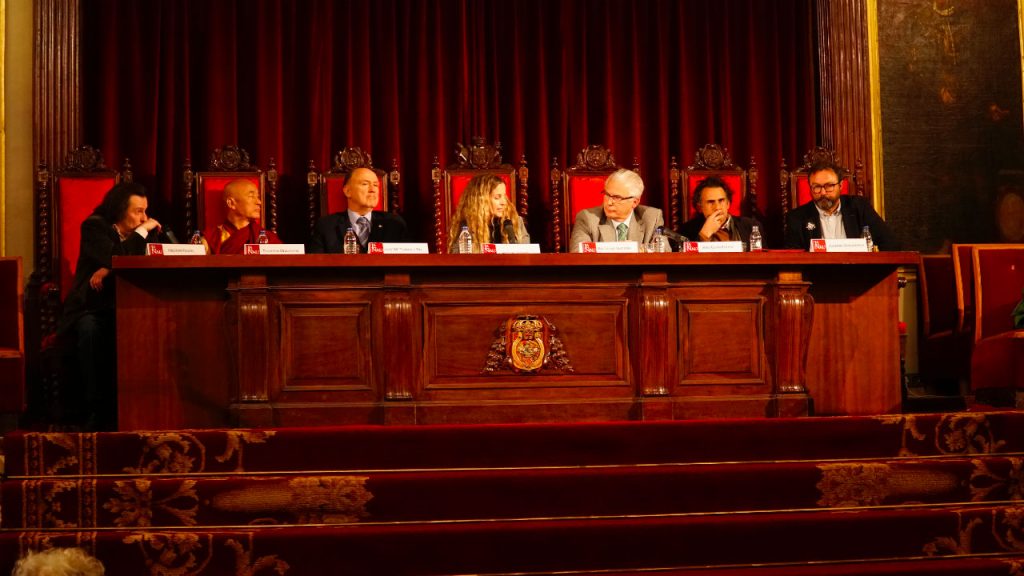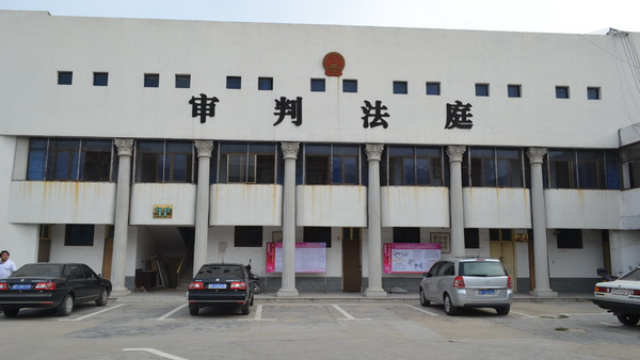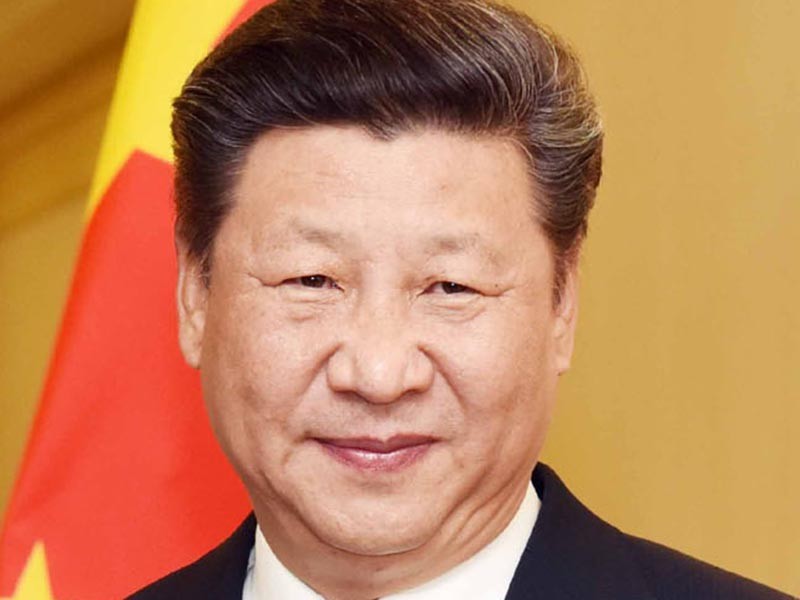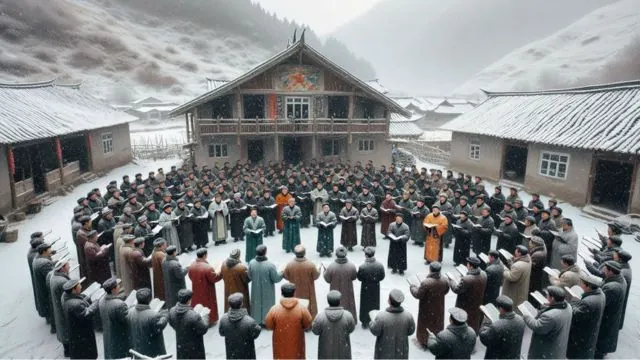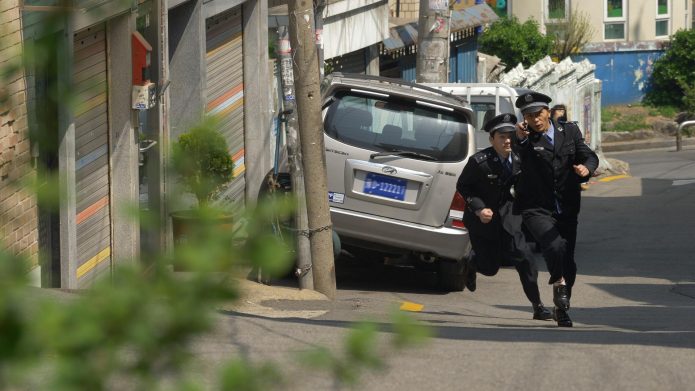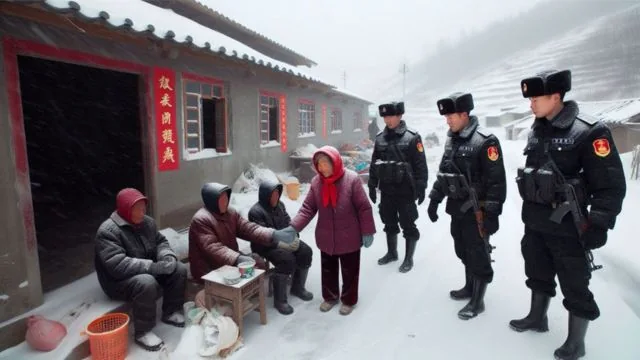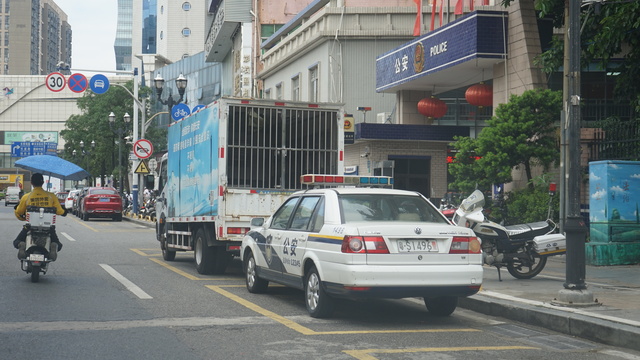ADHRRF – The ongoing human rights crisis in Tibet recently has again become the focus of attention of a European conference on human rights. On February 13, 2018, the Foundation for Justice (FxJ) held a round table on human rights in Tibet at the University of Valencia.
Experts and scholars present at the round table were Baltasar Garzón (Spanish jurist), José Elías Esteve (professor and member of the Human Rights Institute of the University of Valencia, IDH-UV), Ms. Raquel Vanyó Vicedo (professor and member of the IDH-UV), Juanma Chavarrías (director of Kidnapping Tibet), Thubten Wangchen (founder of Tibet House Foundation in Barcelona), etc.
The round table aroused the concern of people from different walks of life. At 4:30 p.m., the packed event began with playing the documentary Kidnapping Tibet. It records the story of Tibetans who are forced to be displaced and live under the apartheid policies, showing the current situation of politics, society, religion and human rights in Tibet and exposing the Chinese Communist Party’s plot of sinicizing and kidnapping Tibet. (8 million migrants live in Tibet, while there are only 6 million native Tibetans.)
Thubten Wangchen, the founder of Tibet House Foundation in Barcelona, said in his speech with indignation: “I’m a Tibetan, not a Chinese, because I was born in Tibet. Now there is no freedom of religion, human rights and culture in Tibet, neither in China. The Chinese government said they built highways, trains and houses for Tibetans, but in fact they are trying to bring more Chinese to Tibet and monitor Tibetans. They built highways to bring in tanks and armies, they did not do it for Tibetans but for themselves. In Tibet, lamas have to hide themselves and Tibetans will be jailed if they are found with photos of lamas.”
Regarding the CCP’s persecution of religious beliefs, human rights activists and the deteriorating human rights situation in China, Professor Esteve said in an interview: “I have studied Tibet for over 20 years and started seriously pondering the issue of human rights in China since a long time ago. We must find a just and perfect way to stop the CCP from arbitrarily violating human rights. However, it is undeniable that China is a very powerful country with a high sense of security precaution, it is now a major economic superpower, and ‘fighting’ with China is a very difficult thing, but inevitably we have to do it. I think the civil society, victims and human rights associations must unite their forces and continue to find a viable path through all kinds of ways until a solution is found, for example, through judiciary, politics, diplomacy or any other ways that work. The truth about the persecution of human rights in China should be known by the world, and those victims are the representatives of the truth and facts.”
The jurist Baltasar Garzón stressed in an interview that all countries should be allowed to investigate and prosecute felonies, such as crimes against humanity and genocide, regardless of where the crime was committed. Universal jurisdiction sees its value not only in judgments, but in opening a door to judicial procedures, and it cannot be waived for political or economic costs.
It is learnt that universal jurisdiction is one of the principles of international law. According to this principle, a country may claim criminal jurisdiction over an accused person regardless of the accused’s nationality, country of residence or relationship with the prosecuting country, even if the crimes were committed outside the territory of the prosecuting country. Since the alleged crimes are considered to be endangering all mankind and too serious to tolerate jurisdictional arbitrage, any country has the right to punish the criminal.
